CT Whole Body Phantom with Pathologies
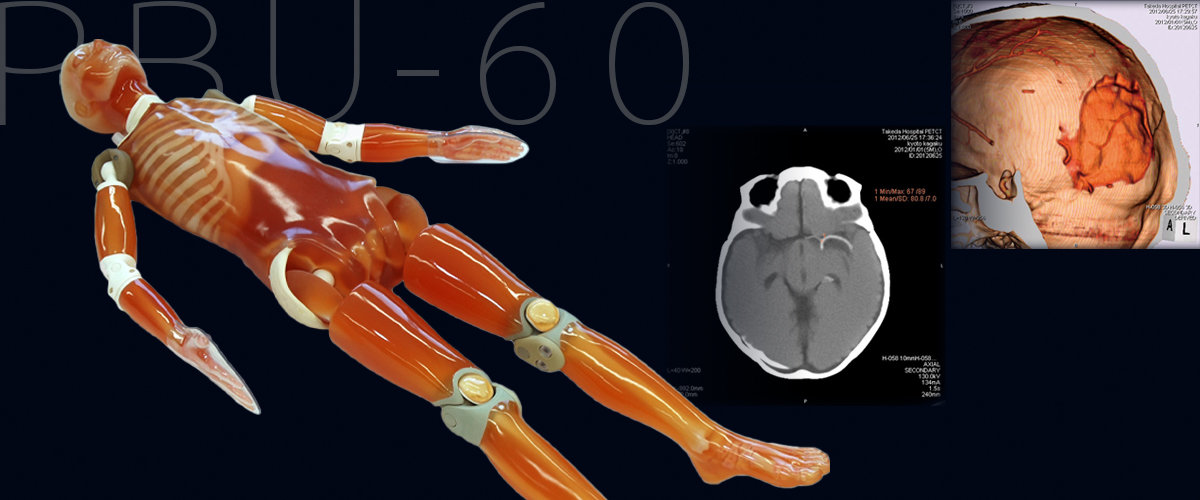
Implement theory with practice with pathological findings in this hands-on training phantom
APPLICATIONS
- CT
- Plain X-ray
- Basic patient positioning
- Radiographic interpretation
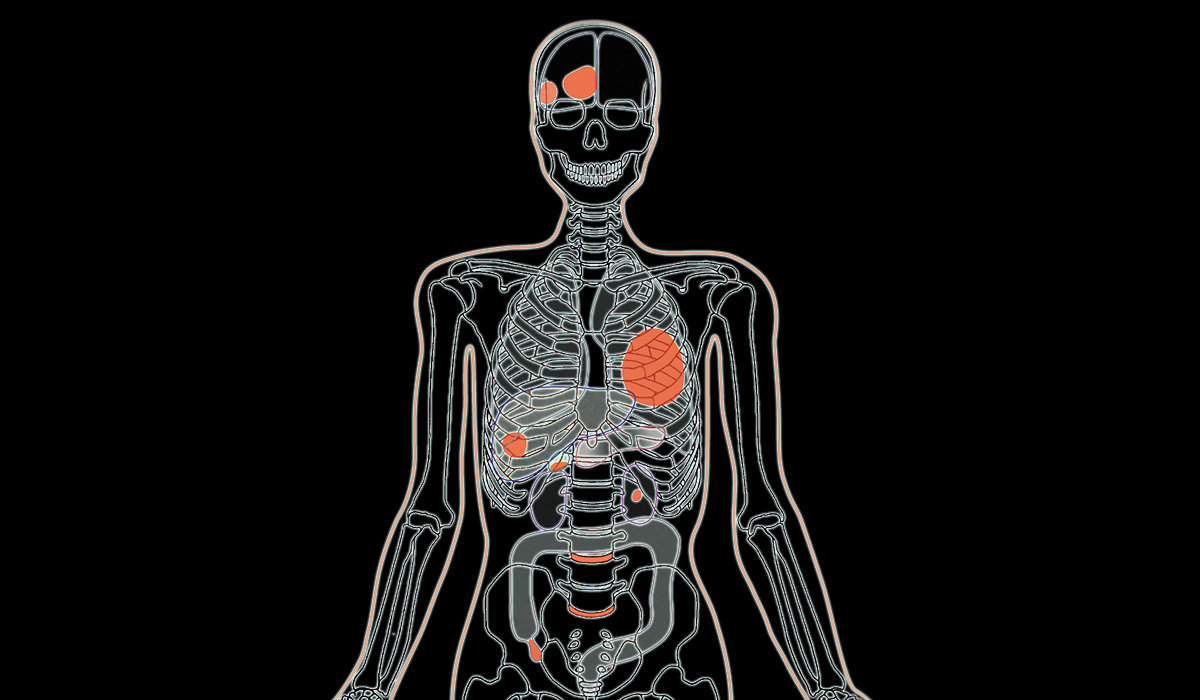
FEATURES
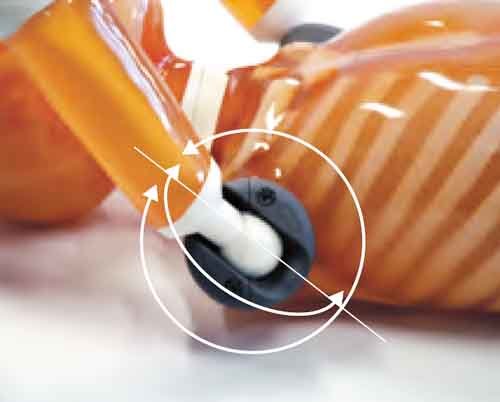
Shoulders:
rotate through a full 360 degrees in the sagittal plane, approx. 180 degrees to side-ways.
Hip joints:
rotate forward up to approx. 90 degrees, then abduct up to 45 degrees each.
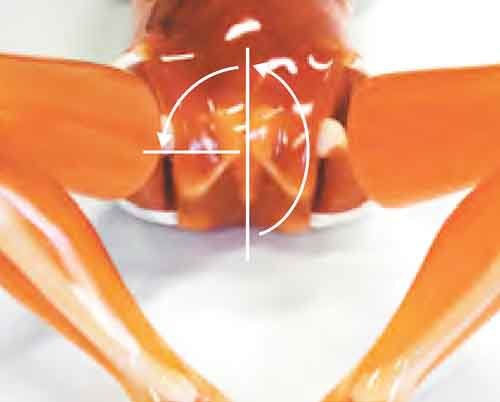
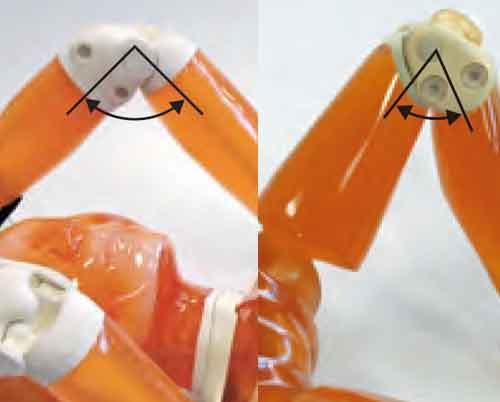
Elbows and Knees:
bend up to approx. 90 degrees.
The phantom can be held in the supine frog leg position.
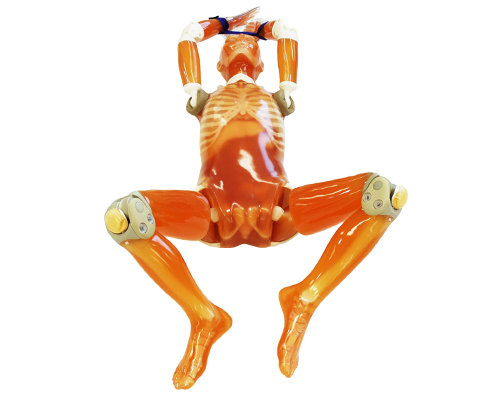 Frog leg position
Frog leg position
Radiology absorption and HU number approximate to human body
Main joints have close-to human articulation, allowing various positioning for training
Phantom can be disassembled into 10 individual parts
PATHOLOGY
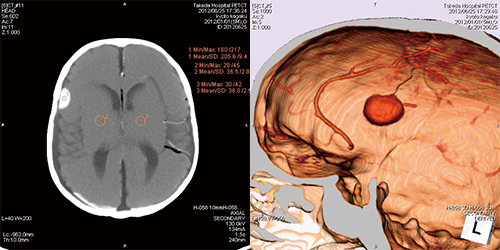 brain tumor
brain tumor
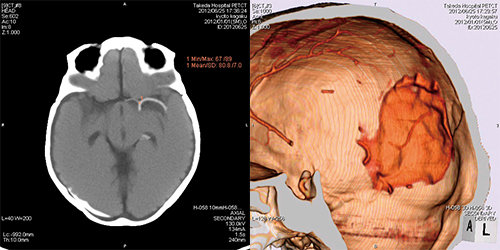 subarachnoid hemorrhage
subarachnoid hemorrhage
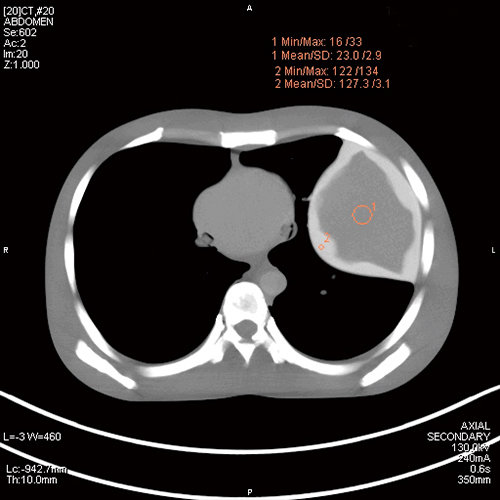 pulmonary tumor
pulmonary tumor
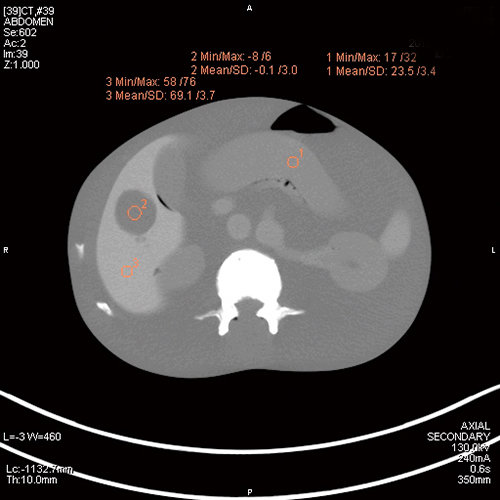 hepatic tumor
hepatic tumor
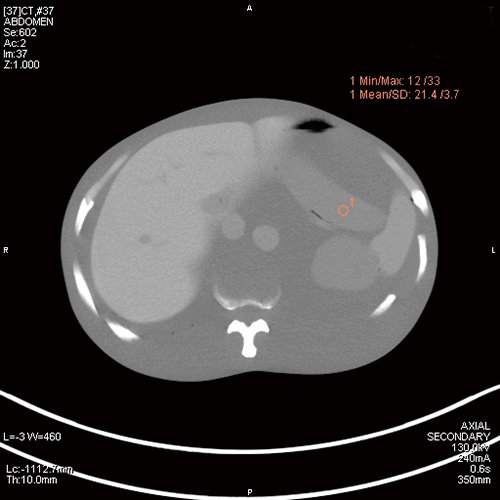 pancreatitis
pancreatitis
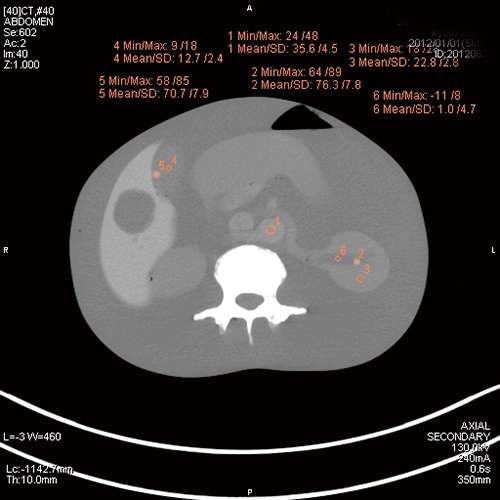 gall stone
gall stone
HU NUMBER
()=HU number at 80keV
Pathologies:
- brain tumor(130)subarachnoid hemorrhage(90)pulmonary tumor(inside:30 / outside:130)hepatic tumor(10)pancreatitis(30)gall stone(170)kidney stone(170)appendicitis(inside:30 / outside:40)spondylolisthesis(-)
Head:
- synthetic skull / spine / brain_cerebrum(40) / mesencephalon(40) / cerebellum(40) / cerebral ventricles(10) / eye balls(20) / arteries with contrast medium(left half only)(250)
Trunk:
- spine / clavicle / ribs / sternum / scapulae / lungs(-1000) / pulmonary vessels(8) / trachea(wall:8 / inside:-1000) / heart(40) / liver(70) / portal and hepatic veins(40) / pancreas(30) / kidneys(30) / gallbladder(20) / spleen(50) / seminal vesicle(25) / prostate(50) / aorta(40) / cava(70) / ureter(wall:30 / inside:10) / urinary bladder(10) / rectum(wall:70 / inside:-800) / sigmoid colon(wall:70 / inside:-800) / coxal bones
Limbs:
- humerus / antebrachial bone / bones of hand / femur / bones of foot
Bony structure:
- synthetic skull / cervical vertebrae / vertebrae / clavicles / ribs / sternum / scapula / coxal bones / femurs